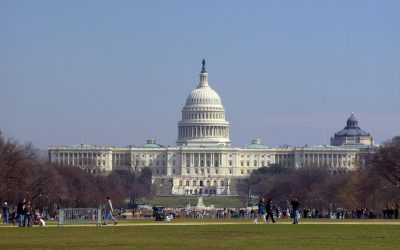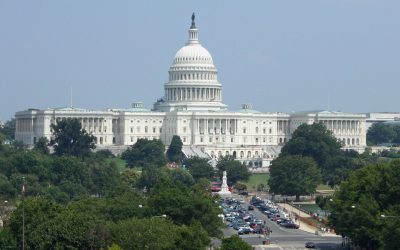The uniformity-of-profit principle sheds light on the effect of business tax exemptions and their elimination.
For example, for many years prior to 1975, the U.S. oil industry, along with other extractive industries, was able to deduct from its taxable income a depletion allowance based on the value of the oil it extracted, and thus to reduce its overall effective rate of taxation. The effect of the depletion allowance was not to make the oil industry permanently more profitable than other industries, however. It is true that the initial effect of such a tax advantage is to raise an industry’s after-tax rate of profit relative to that of other industries. But the higher after-tax rate of profit then results in the attraction of additional capital to the industry, and itself provides such additional capital, with the result that the industry’s rate of profit falls back toward the general, average after-tax level. The effect is that the industry is larger, its production is greater, and the price of its product is lower. It does not permanently earn a higher rate of profit.
This principle applies even if the industry is totally tax-exempt. Then the effect is simply that the industry’s expansion is carried that much further, but not that its rate of profit remains permanently above the going or average rate. The total exemption from the federal income tax of bonds issued by state and local governments provides an excellent illustration of the principle. Because of their tax exemption, these bonds are purchased to the point that the rate of return they afford is on a par with the after-tax rate of return of bonds that are fully subject to the federal income tax.
By the same token, of course, repeal of a tax exemption, once it has been incorporated into the pattern of investment, is tantamount to a reduction in an industry’s rate of profit. If its effect is to reduce the industry’s rate of profit below the general rate, then the consequence will be a withdrawal of capital and a reduction in the size of the industry, until the smaller industry that remains can once again earn the going rate of profit—by charging a higher price for its product. (If the rate of profit of the industry is not pushed below the going or average rate, because of the presence of some factor such as an increase in the demand for the industry’s product, the effect will be that the industry will grow less than it otherwise would have, and the price of its product will not fall to the same extent that it otherwise would have.)
In the 1970s, in the midst of a widely proclaimed “energy crisis,” the U.S. government, in addition to imposing price controls on oil, acted to further restrict oil company profits, and thus oil industry investment, by punitively increasing their rate of taxation precisely by first reducing and then totally abolishing the customary depletion allowance on crude oil. The effect was a further blow to domestic oil production.
This series is adapted from Reisman’s Capitalism: A Treatise on Economics, Chapter 6, The Dependence of the Division of Labor on Capitalism, “The Effect of Business Tax Exemptions and Their Elimination.”




